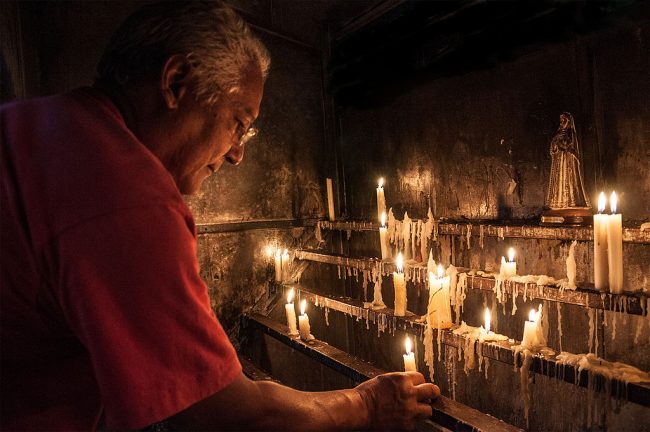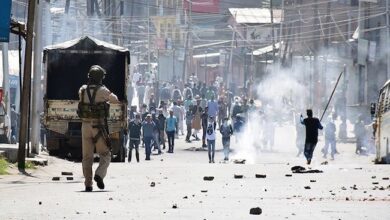
By Mehwish Akram
The relationship between the environment and human security is debated in the contemporary world. Human security can be explained as to people access to the natural resources and their exposure to environmental change which is explicitly and implicitly affects the human beings. However, the focus is on sustainable security and sustainable development of people lives in the various parts of the world. Human security can be defined as the absence of fear or threat by ensuring the security of their life.[1] The concept of human security has evolved from traditional conception of macro-growth to sustainable development, as it is not merely linked to state security.
Environmental security can be defined as the protection of human and infrastructure against natural disasters, for example, earth quakes and floods. In addition, it includes scarcity of natural resources in form of depletion of fresh water resources and loss of fertile land by the soil erosion. Environmental security broadly covers all aspects of human security that are beyond the state security. This means, it is more holistic and non-traditional in nature. However, it is not easy to draw a clear distinction between human and environmental security at the global level, as they tend to overlap each other in many ways.
Environmental change can directly affect the human security and their livelihoods. For example, water scarcity causes the insecurity which contributes to decrease in food production. In some cases, it can lead to the shortage of food as well. The environment affects all aspects of human security from the shortage of food to exposure of natural disasters. The implications of environmental degradation are multi-dimensional. Moreover, environmental change is apparent in different regions of the world, for example, the increase in the temperature of the earth and altering climate patterns. According to the experts, the impact of environmental changes is immense in terms of its implications for humans at large.
The relationship between global environmental change and human security has been overlooked by major power players at international level.[2] First, global environmental change is portrayed as a problem of science without giving due importance to its repercussions on the earth systems and its effect on humans. The environmental changes are considered as subject of natural scientists. They stress on the geosphere-biosphere relationship and ignore its political aspects. The environmental change which includes ozone depletion, climate change, and biodiversity loss is not limited to one of the aspects of human beings. Similarly, it is assumed as an area of study of natural sciences that focuses on of biological and earth sciences. It also includes social sciences which takes into account the political dimension of environmental degradation as well.
Second, the emphasis on ethics, power relations, and social justice in research cannot be overlooked by the policymakers at the global level. Moreover, the role of social sciences in understanding the global environmental change is equally significant in ensuring human security.[3] For example, climate change is caused by the emissions of gases from fossil fuel use and degradation of forests to meet the demand for paper which is causing the loss of biodiversity. It is not the depletion of resources but the distribution of natural resources which creates power rivalry between major power players.
To conclude, the relationship between environmental and human security is very complex. It is understood differently in various regions. It is the dependence on natural resources along with the economic, political, and cultural processes that is missing. Similarly, the global environmental deterioration affects the different groups of people. For example, the rising sea level is a concern for people living near sea shores. The melting of glaciers is posing threat to people living in the polar region. Lastly, the linkage between human security and environmental security are closely linked as they are two sides of the same coin. Hence, it is penitent to develop methodologies to deal with degradation of environment by ensuring the human security.
References
- Harvard Kennedy School | Harvard Kennedy School, last modified 2003, https://sites.hks.harvard.edu/sustsci/ists/docs/khagram_etal_jhd03.pdf
- “International Center for the Study of Terrorism | Linking Environmental Change and Security,” International Center for the Study of Terrorism,accessed September 13, 2017, http://sites.psu.edu/icst/2013/04/21/linking-environmental-change-and-security/.
- “Environment and Human Security,” Home – UNU Collections, last modified 2005, http://collections.unu.edu/eserv/UNU:1856/pdf4031.pdf.
Mehwish Akram holds Masters degree in International Relations and is currently doing her M Phil in Political Science.




